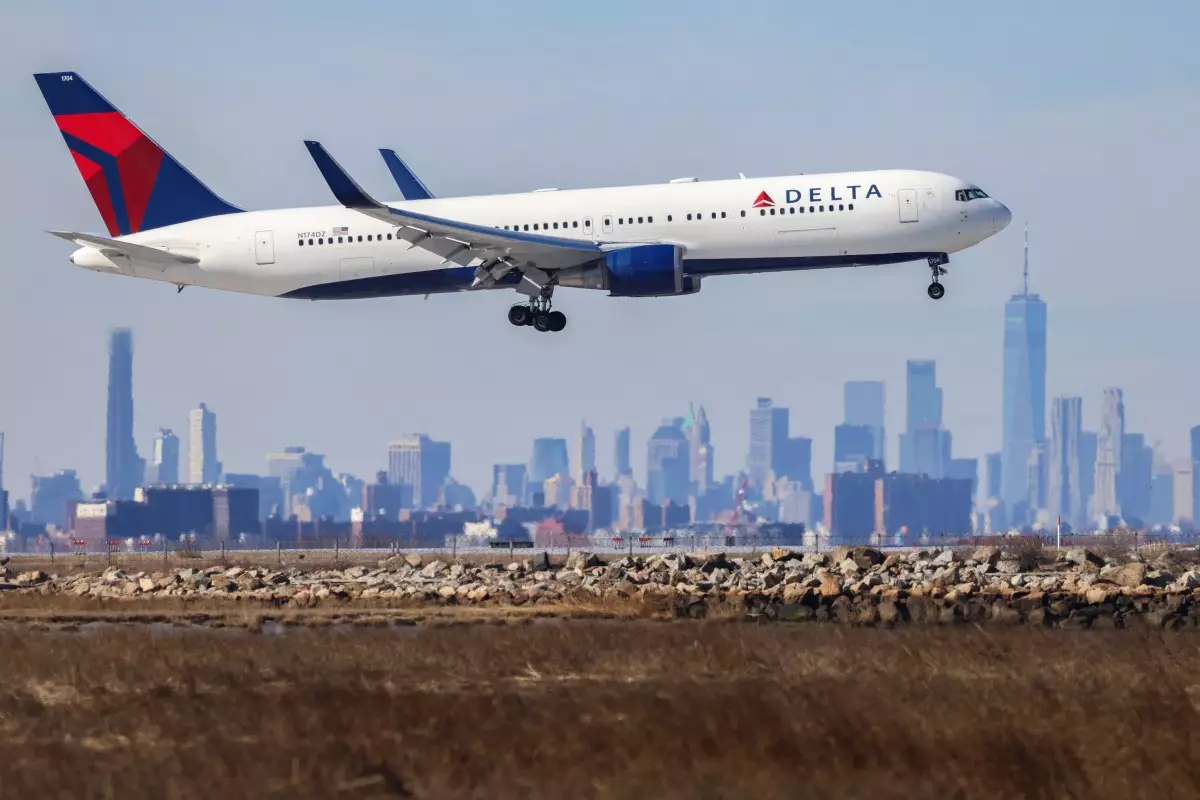As technology continues to permeate every aspect of our lives, airlines like Delta Air Lines are seizing upon major technology platforms to showcase their advancements and updates. With its strong presence at CES (Consumer Electronics Show), Delta aims to highlight its innovative edge in aviation technology. However, as the airline recently demonstrated at CES 2025, the strides and updates it presents sometimes seem more like measured responses to competition rather than groundbreaking innovations.
At this year’s CES, Delta introduced the Delta Concierge, an AI-powered assistant intended to enhance travelers’ experiences. The introduction of an AI assistant isn’t novel in itself; numerous industries have integrated AI solutions for customer engagement. Delta plans for this Assistant, which can be accessed via voice or text commands, to provide proactive advice, including passport expiration notifications and local weather updates for travelers’ destinations. Although it sounds appealing, one cannot help but notice that these features feel somewhat standard rather than innovative.
While proactive notifications can certainly benefit travelers, the necessity of AI to perform tasks like checking passport validity raises questions about the level of sophistication and necessity of such technology. The ambiance of excitement surrounding such announcements can overshadow their practical significance. Indeed, informing passengers about their connecting gates deserves more than an AI assistant; it seems a challenge more suited for a basic app enhancement.
Delta’s in-flight entertainment system is also slated for an upgrade, branded as the “first cloud-based in-flight entertainment system.” The updates promise to include 4K HDR displays, Bluetooth connectivity, and substantial onboard storage capable of housing an impressive array of content. While these improvements certainly represent a step forward for Delta, they feel more reactive than revolutionary.
Compared to competitors like United Airlines, which has already implemented similar technologies, Delta’s offerings can appear sluggish. The rollout of 4K displays and Bluetooth is impressive, but with aviation technology evolving at an unprecedented pace, passengers might find themselves wondering why it took Delta so long to catch up. While the introduction of services such as free access to YouTube Premium and YouTube Music adds value, they risk being overshadowed by a lack of exclusive technological advancements that might truly distinguish Delta in the crowded airline industry landscape.
In a striking display of futuristic thinking, Delta also announced plans to collaborate with Airbus on the fello’fly project, aiming to have aircraft fly in formations akin to migratory birds to conserve fuel. While this concept captivates with its environmental implications and aerodynamic efficiency, the actual implementation faces significant hurdles—most notably, regulatory challenges. The ambitious nature of the project reflects Delta’s commitment to exploring energy-saving solutions but raises skepticism regarding its viability in the near future.
This type of visionary initiative is essential for the future of sustainable aviation, yet the expectation for quick implementation could lead to disappointment as myriad practical challenges linger. The enthusiasm surrounding such projects is often tempered by the realization that flights in formation require regulatory reworking, which underscores the importance of incremental innovation combined with bold aspirations in a rapidly changing industry.
While Delta Air Lines’ announcements at CES 2025 reveal adaptations intended to liven the customer experience and keep pace with competitors, they prompt a larger conversation about the future of air travel technology. Are these updates genuinely innovative, or are they mere strategies to maintain relevance in a fast-evolving industry? As airlines continue to navigate the interplay between technological advancements and consumer expectations, they may find it essential to prioritize not just the implementation of new technologies, but the originality of their approaches.
Ultimately, Delta’s participation at CES serves as a reminder that the aviation industry is at a critical inflection point, where the interplay of innovation, sustainability, and customer experience must harmonize more effectively to create a truly transformative air travel experience.

